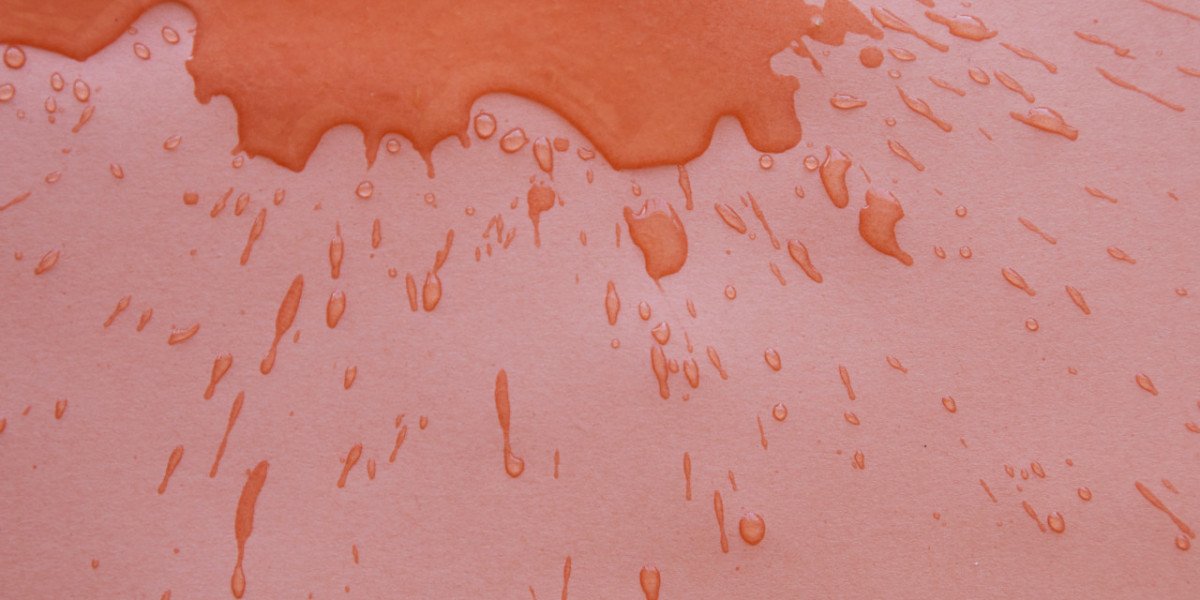Photon LED light therapy, also known as photobiomodulation, is a non-invasive treatment that utilizes specific wavelengths of light to stimulate skin cells, leading to various benefits for skin rejuvenation. This innovative therapy has gained popularity in the beauty and skincare industry due to its effectiveness in addressing a wide range of skin concerns.

Understanding the Science Behind Photon LED Light Therapy
At the core of photon LED light therapy is the interaction between light and the skin at a cellular level. Different wavelengths of light penetrate the skin to varying depths, where they are absorbed by the cells and trigger specific biological responses. For example, red light with a wavelength of around 630-700nm has been shown to stimulate the production of collagen, a key protein that contributes to skin firmness and elasticity. On the other hand, blue light with a wavelength of approximately 400-490nm possesses antibacterial properties, making it effective in targeting acne-causing bacteria.
The Benefits of Photon LED Light Therapy for Skin Rejuvenation
One of the primary benefits of photon LED light therapy is its ability to promote collagen production, which can help reduce the appearance of fine lines and wrinkles, as well as improve overall skin texture. Additionally, this treatment can aid in the reduction of inflammation and redness, making it suitable for individuals with sensitive or acne-prone skin. Moreover, photon LED light therapy has been found to enhance the effectiveness of skincare products by improving their absorption into the skin, leading to better results.
The Mechanism of Action Behind Photon LED Light Therapy
When the skin is exposed to specific wavelengths of light during photon LED light therapy, it triggers a cascade of cellular processes that contribute to skin rejuvenation. For instance, the absorption of red light stimulates fibroblast activity, which in turn leads to increased collagen and elastin production. This results in firmer, more supple skin with improved elasticity. Furthermore, the antibacterial properties of blue light help to target and eliminate acne-causing bacteria, leading to clearer, blemish-free skin.
Maximizing the Benefits of Photon LED Light Therapy
To fully harness the benefits of photon LED light therapy for skin rejuvenation, it is essential to undergo a series of treatments as recommended by a skincare professional. Consistency is key in achieving optimal results, as the cumulative effects of photon LED light therapy contribute to long-lasting improvements in skin health and appearance. Additionally, combining this treatment with a comprehensive skincare routine can further enhance its benefits, ensuring that the skin receives the necessary support for ongoing rejuvenation.
In conclusion, photon led light therapy offers a scientifically-backed approach to skin rejuvenation, harnessing the power of specific wavelengths of light to stimulate cellular processes that lead to visible improvements in skin health and appearance. By understanding the science behind this innovative treatment and its associated benefits, individuals can make informed decisions regarding their skincare regimen, ultimately leading to a more radiant and youthful complexion.







